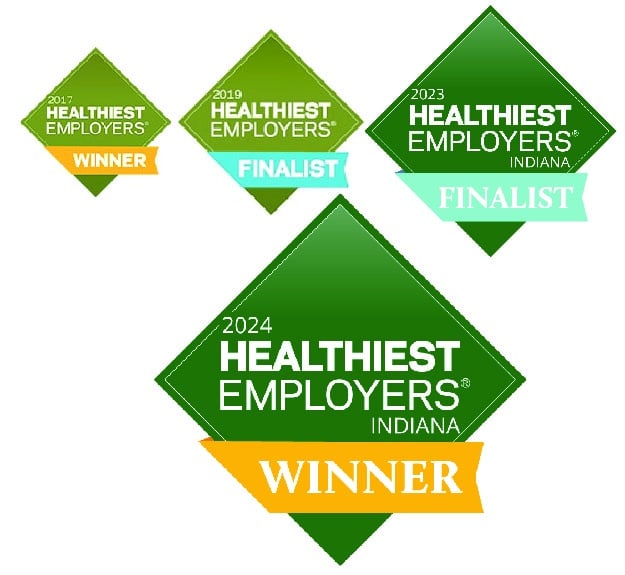IRS REVERSES POLICY ON CERTIFYING INDIVIDUAL MANDATE COMPLIANCE

OVERVIEW
On Oct. 13, 2017, the Internal Revenue Service (IRS) reversed a recent policy change in how it monitors compliance with the Affordable Care Act’s (ACA) individual mandate. For the upcoming 2018 filing season (filing 2017 tax returns):
- The IRS will not accept electronically filed tax returns where the taxpayer does not certify whether the individual had health insurance for the year; and
- Paper returns that do not certify compliance with the individual mandate may be suspended pending receipt of additional information, and any refunds due may be delayed.
ACTION STEPS
To avoid refund and processing delays when filing 2017 tax returns in 2018, taxpayers should indicate whether they (and everyone on their return) had health coverage, qualified for an exemption or are paying an individual mandate penalty. This process reflects the ACA’s requirements and the IRS’s obligation to administer the law.
The Individual Mandate
The ACA’s individual mandate, which took effect in 2014, requires most individuals to obtain acceptable health insurance coverage for themselves and their family members or pay a penalty.
The individual mandate is enforced each year on individual federal tax returns. Starting in 2015, individuals filing a tax return for the previous tax year will indicate, by checking a box on their individual tax returns, which members of their family (including themselves) had health insurance coverage for the year (or qualified for an exemption from the individual mandate). Based on this information, the IRS will then assess a penalty for each nonexempt family member without coverage.
Previous Policy on “Silent Returns”
Effective Feb. 6, 2017, the IRS announced that it would not automatically reject individual tax returns that did not provide this health insurance coverage information for 2016 (known as “silent returns”). Instead, silent returns would still be accepted and processed by the IRS.
This enforcement policy was intended to reduce the burden on taxpayers, including those who are expecting a tax refund. The IRS noted that taxpayers filing silent returns could still receive follow-up questions and correspondence from the IRS at a future date.
Change in Enforcement Policy
The IRS recently reversed its previous enforcement policy on silent returns. As a result, the IRS will not accept any silent returns for the 2017 tax year that are filed electronically. In addition, any silent returns that are filed on paper may be suspended pending receipt of additional information, and any refunds due may be delayed.
Therefore, taxpayers should indicate on their 2017 tax returns whether they (and everyone in their family):
- Had health coverage for the year;
- Qualified for an exemption from the individual mandate; or
- Will pay an individual mandate penalty.
The 2018 filing season will be the first time the IRS will not accept tax returns that omit this health coverage information. The IRS reiterated that taxpayers remain obligated to follow the law and pay what they may owe at the point of filing. According to the IRS, identifying omissions and requiring taxpayers to provide health coverage information at the point of filing makes it easier for the taxpayer to successfully file a tax return and minimizes related refund delays.












